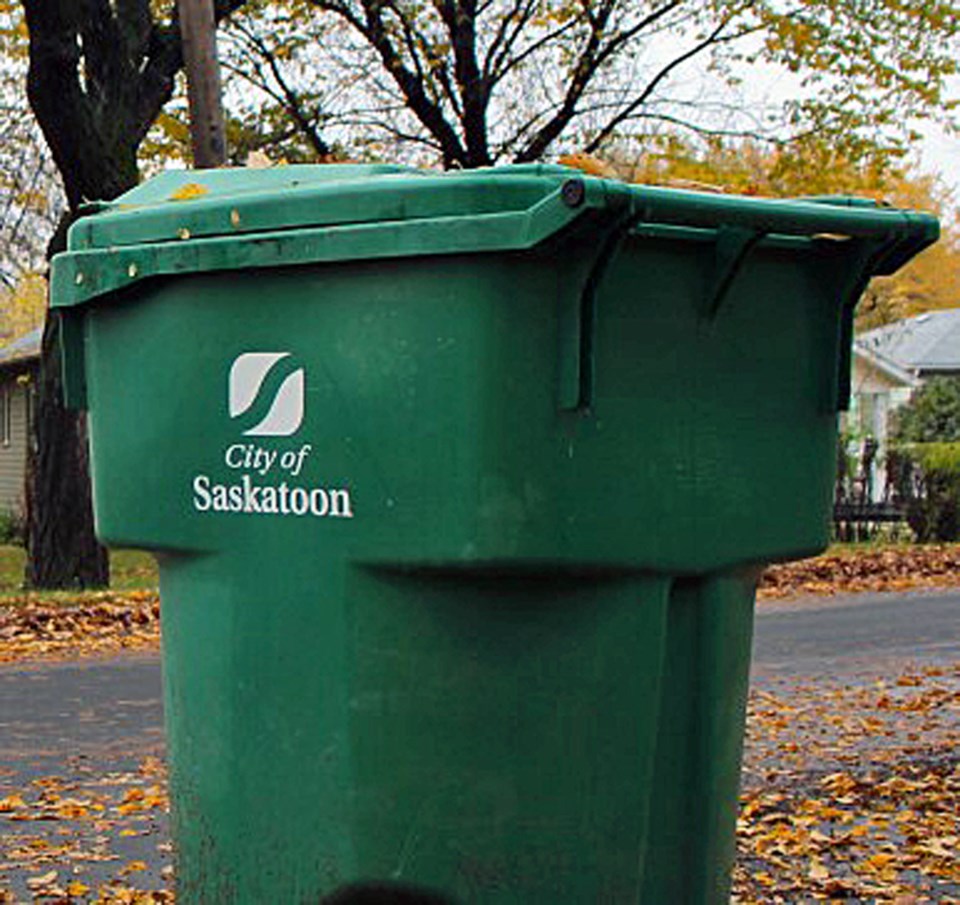SASKATOON — City of Saskatoon Water and Waste Operations Director Brendan Lemke said the city-wide implementation of its compost program is a proactive approach despite having residents pay an additional fee from their monthly utility bills.
The city will provide a third cart, green compost for scraps and yard waste, to all households with black garbage and blue recycle bins. The program is part of the city’s initiative to collect food scraps and yard waste that can be turned into compost.
The city-wide green cart compost project will begin in spring, with the new bins delivered to the front of the residents’ homes between mid-March and the end of April. An average monthly fee of $6.73 will be charged to utility bills beginning in May.
The city has already increased its municipal property tax to 3.93 per cent this year, which is expected to cost $6.53 per month or $78.34 in a year for a family that owns a single-detached home valued at $344,000. Inflation also caused the price of essential commodities to increase.
Lemke said the city understands the situation of all residents when it comes to paying an additional bill, but the program is one way to save money and spend less on waste management in the future.
“Sooner or later, we all have to pay for the waste that we dispose of, and I would rather do it in a way that is planned and programmed and not have the expense of, you know, a $100-million landfill project,” said Lemke.
“[A million-dollar landfill project] that we would have to pay in the future at some point and have the pressure of doing it under the gun when we are already full at the landfill. I would rather us [act] now and be proactive.”
Public engagements were held in 2018 on the city’s plan to implement changes to its waste management. A final report, which included curbside organics collection program options, was presented to city council’s Governance and Priorities Committee in June of the same year.
City council then approved having payments on utility bills to fund the garbage and organic services. Council, during its 2023 budget deliberations last November, also supported the organics monthly utility fee.
Council allocated $10 million to the curbside organics project, where an estimated $9.7 million in total cost for the green cart program. About 80 per cent of the funds are material costs for the carts and pails.
The Federal Gas Tax provided $10 million in funding for the green cart organics program. The city will allocate the remaining amount of about $300,000 to fund other projects.
Businesses — cafes, groceries, restaurants — and other organizations that generate food waste are also included in the program. Home-based businesses are not included as they have access to waste segregation programs.
The city said an education campaign will begin this fall and will be a one-year education-only phase before they start new bylaw enforcement.


